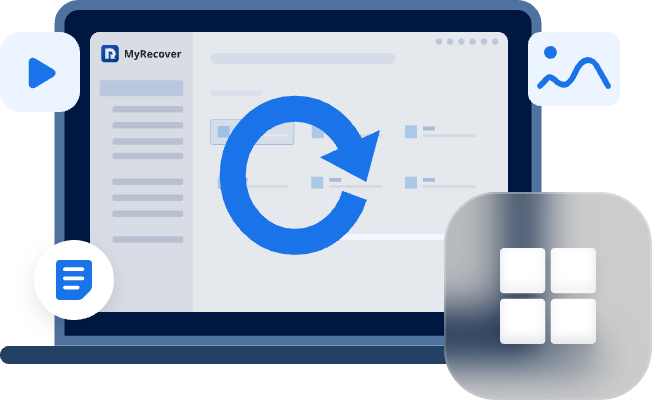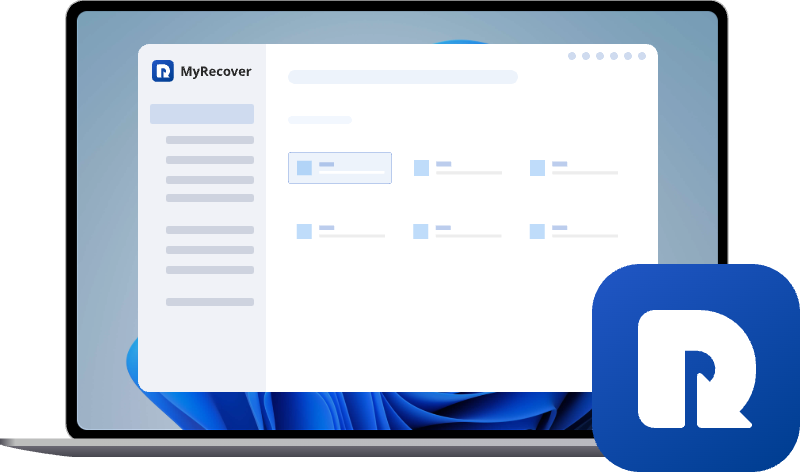Memory Leaks in Windows
This essay delves into the issue of memory leaks in Windows, providing an in-depth analysis of the causes, solutions, recommended software, and answering relevant FAQs.
Introduction
Memory leaks in Windows can cause numerous performance and stability issues, making it crucial to understand their causes and find effective solutions. This essay aims to explore the concept of memory leaks in Windows and provide insights into solving this problem.
The Problem: Memory Leaks in Windows
A memory leak occurs when a program fails to release memory after it is no longer needed, resulting in a gradual loss of available system resources. This can lead to decreased system performance, system crashes, or even program failures.
There are several causes of memory leaks in Windows, including:
- Improper allocation and deallocation of memory:
- Running processes with high memory usage:
- Reference cycles:
When programmers do not correctly allocate and deallocate memory, it can lead to memory leaks. For example, if a program requests memory but fails to release it when no longer needed, a leak can occur.
Some programs or processes may use excessive memory, causing memory leaks. This can happen when programs are poorly optimized or when they contain memory leaks themselves.
In some cases, objects in memory form reference cycles, where each object references another, preventing the memory from being released. This can result in memory leaks.
Solutions for Memory Leaks in Windows
To address memory leaks in Windows, the following solutions can be implemented:
Solution 1: Proper Memory Management
- Identify the memory leaks:
- Analyze the code:
- Fix the code:
- Test and verify:
Use Windows built-in tools like Task Manager or Resource Monitor to identify which processes consume an excessive amount of memory.
Inspect the code of the problematic process to find any memory allocation or deallocation issues.
Modify the code to ensure that all allocated memory is properly released when no longer needed.
Perform thorough testing to ensure that the memory leak has been resolved and the program runs without any issues.
Solution 2: Update and Optimize Software
- Install updates:
- Optimize software usage:
- Use trusted software:
Regularly update Windows and installed software to take advantage of bug fixes and performance enhancements.
Close unnecessary programs and processes to reduce memory usage and prevent memory leaks.
Ensure that all installed software is from reputable sources to minimize the risk of memory leaks caused by third-party applications.
Solution 3: Monitor System Resources
- Monitor memory usage:
- Identify memory-intensive processes:
- Manage memory-intensive processes:
Use specialized software like 'Process Explorer' to monitor memory usage in real-time.
Review the results to identify processes that consume excessive memory and potentially cause memory leaks.
Take necessary actions like terminating or restarting memory-intensive processes to prevent memory leaks.
Recommended Software
A highly recommended software for managing memory leaks in Windows is 'Memory Validator.' It offers features such as:
- Comprehensive memory leak detection and analysis
- Real-time monitoring of memory usage
- Advanced debugging tools
Frequently Asked Questions (FAQ) about Memory Leaks in Windows
Q: What are the common signs of a memory leak in Windows?A: Some common signs include sluggish performance, unresponsiveness, or crashes when running certain programs.
Q: Are memory leaks in Windows only caused by software bugs?A: No, memory leaks can also be caused by poorly optimized or memory-intensive processes.
Q: Can memory leaks in one program affect the entire system?A: Yes, memory leaks in one program can gradually deplete system resources, impacting the overall system performance and stability.
Q: Is it possible to prevent memory leaks entirely in Windows?A: While it is difficult to completely eliminate the possibility of memory leaks, proper coding practices, regular software updates, and vigilant monitoring can significantly reduce the occurrence of memory leaks.
Q: Can memory leaks be fixed without restarting the computer?A: In some cases, memory leaks can be resolved by terminating or restarting the memory-intensive processes without requiring a system restart.
Q: Are memory leaks exclusive to Windows operating system?A: No, memory leaks can occur in any operating system where programs fail to release allocated memory.
Conclusion
Memory leaks in Windows can have severe consequences for system performance and stability. Understanding the causes, implementing the appropriate solutions, and utilizing recommended software can help mitigate the risk of memory leaks. Regular monitoring and proactive maintenance are essential for keeping the system running smoothly and preventing memory leaks in Windows.


